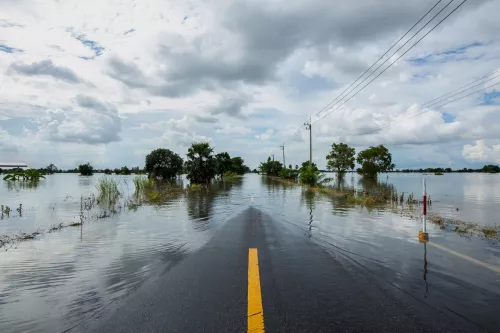
The Chair Geopolitics of Risk will participate in the Kick-off meeting of the H2020 project Engaging Society for Resilience and Risk Awareness (ENGAGE)
1-2 July
Project resumé
Natural and man-made disasters remind us how the ability of societies to adapt and prosper depends on the collective action of the whole society. But the significant role citizens and communities can play at the grassroots level has been overlooked in research. ENGAGE will turn this around, showing how individuals and local practices can interrelate effectively with planned preparedness and response, practitioners and technology. To achieve this bold goal ENGAGE will start with the knowledge, strategies, methods, tools and practices used by real world practitioners and citizens, and mature results from earlier projects. It will combine and extend these to create innovative solutions to disaster management and new ways of fostering trans-disciplinary collaboration and learning across disciplines. A model for assessing and methods for improving societal resilience will be complemented by an evolving knowledge platform providing actionable solutions meeting the diverse needs of authorities, first responders and citizens. ENGAGE will use empirical data on individual and collective contributions to societal resilience and take into account contextual aspects such as socio-economic conditions, digital literacy, culture, gender, social capital, trust and diversity. It will focus on aspects that can be directly enhanced such as risk awareness, communication, social media, citizens’ as well as authorities’ and first responders’ involvement. Real world field validations will be used to demonstrate and validate ENGAGE solutions and their transferability to diverse contexts across Europe. The consortium is complemented by a Knowledge and Innovation Community of Practice that already has 37 members and will grow during the project. This team includes representatives from authorities, first responders, citizens associations, NGO´s, SMEs, industries, schools and academia. Together, they will propose validated solutions contributing to specific SENDAI actions.
Researchers:
J. Peter Burgess
Jan Wörlein
Ellen Emilie Henriksen
Cassandra Windey
